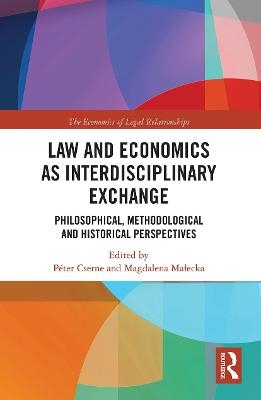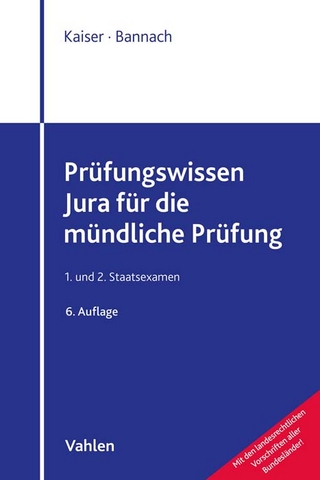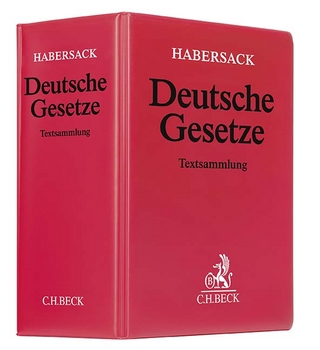
Law and Economics as Interdisciplinary Exchange
Routledge (Verlag)
978-0-367-77765-4 (ISBN)
Law and Economics is an established field of research and arguably one of the few examples of a successful interdisciplinary project. This book explores whether, or to what extent, that interdisciplinarity has indeed been a success. It provides insights on the foundations and methods, achievements and challenges of Law and Economics, at a time when both the continuing criticism of academic economics and the growth of empirical legal studies raise questions about the identity and possible further developments of the project.
Through a combination of reflections on long-term trends and detailed case studies, contributors to this volume analyse the institutional and epistemic character of Law and Economics, which develops through an exchange of concepts, models and practices between economics and legal scholarship. Inspired by insights from the philosophy of the social sciences, the book shows how concepts travel between legal scholarship and economics and change meanings when applied elsewhere, how economic theories and models inform, and transform, judicial practice, and it addresses whether the transfers of knowledge between economics and law are symmetrical exchanges between the two disciplines.
Péter Cserne , PhD, is Associate Professor in Law at the University of Northumbria, UK, and extramural fellow of Tilburg Law and Economics Centre (TILEC). He has held visiting positions at Columbia, Oxford and Toronto Universities and the Max Planck Institute for Comparative Private Law in Hamburg. A lawyer and economist by training, he has published widely on legal theory, economic analysis of law and contracts. He is the founder and convener of MetaLawEcon, an international academic network for research on the foundations of economic analysis of law. Magdalena Małecka , PhD, is Marie Skłodowska-Curie Global Fellow (University of Helsinki and Stanford University). Her Marie Curie project is a philosophical analysis of the applications of the behavioral sciences to policy. Before starting the Marie Curie Fellowship, Magdalena was a postdoctoral researcher at TINT Centre for Philosophy of Social Science (University of Helsinki) and a Max Weber Postdoctoral Fellow at the European University Institute in Florence. While remaining affiliated with TINT, in February 2018 she joined the Institute for Advanced Studies at the Central European University in Budapest for five months as a Junior Core Fellow.
Introduction Part 1. Searching for the Right "Paradigm" 1. Knowledge Claims in Law and Economics: Gaps and Bridges between Theoretical and Practical Rationality 2. References to Kuhnian Philosophy of Science in the Law and Economics Literature Part 2. Symmetric and Asymmetric Transfers of Methods and Concepts 3. Disciplinary Collisions: Blum, Kalven, and the Economic Analysis of Accident Law at Chicago in the 1960s 4. Rights, Entitlements and the Law: The Ambiguous Status of Legal Elements in Economic Discourse 5. Difficulties of reattachment: why is property law still a challenge for economic analysis of property rights? Part 3. Interdisciplinarity in Normative Reasoning: Moral Theory, Economic Theory, and Adjudication 6. Value Pluralism and the Foundations of Normative Law and Economics: The Case of Threshold Deontology 7. Economic Consequences as Legal Values: A Legal Inferentialist Approach 8. Is Economic Analysis of Law Relevant in Italian Case Law? Some Remarks about Consequentialism and Equity
| Erscheinungsdatum | 06.04.2021 |
|---|---|
| Reihe/Serie | The Economics of Legal Relationships |
| Verlagsort | London |
| Sprache | englisch |
| Maße | 156 x 234 mm |
| Gewicht | 320 g |
| Themenwelt | Recht / Steuern ► Allgemeines / Lexika |
| Recht / Steuern ► EU / Internationales Recht | |
| Wirtschaft ► Allgemeines / Lexika | |
| Wirtschaft ► Volkswirtschaftslehre | |
| ISBN-10 | 0-367-77765-7 / 0367777657 |
| ISBN-13 | 978-0-367-77765-4 / 9780367777654 |
| Zustand | Neuware |
| Informationen gemäß Produktsicherheitsverordnung (GPSR) | |
| Haben Sie eine Frage zum Produkt? |
aus dem Bereich


